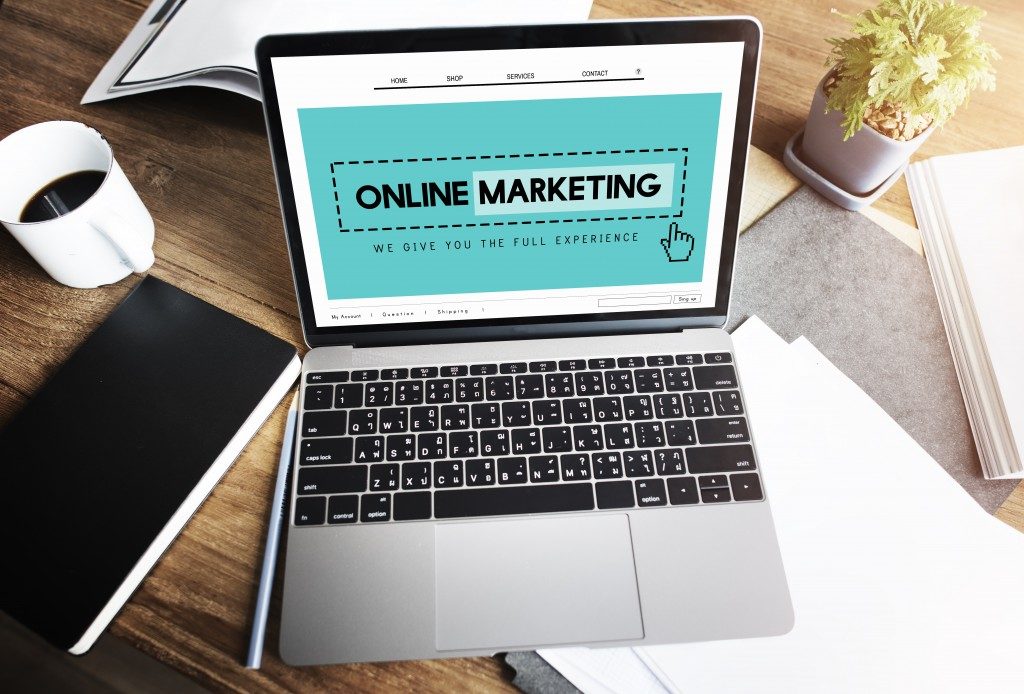With almost every consumer in the market having access to the internet, it’s only prudent for big or small businesses to have a website to secure their online ‘visibility’ to potential customers. Even if your small business doesn’t essentially operate (i.e. sell products or services) online such as restaurants or service firms, it’s still essential to have one so that your brand can be seen online when customers look for products/services that your business offers.
However, there are website designs and decisions that can badly hurt your business and even drive away customers. As such, we’ll be taking a look at the worst website gaffes that won’t only make your website ineffective, but can be very costly to your small business:
#1 Having No Website
One of the worst decisions your small business can make with regards to having a website is by not bothering to have one at all. Some feel like a website is too expensive or too much of a hassle to make and maintain, or they don’t have the expertise or resources to make a good one. While others settle on making and managing a social media page, thinking that it would be sufficient.
Not only do you have more freedom in terms of content, design, and features when it comes to your small business’ website, but more importantly, it further improves your online presence and allows you to reach more customers (and also those that don’t have social media accounts). If you’re worried about the cost or having lack of skill in designing, there are free or affordable platforms for you to create your website with premade templates and intuitive tools that make it very easy for you to customize your business website — although it’s still recommended that you have it professionally designed and made as it’s definitely a worthwhile investment.
#2 Not Providing the Enough Information
First off, contact information and address. Unless you’re exclusively operating as a small-time e-commerce website that does all its business online, you need to provide the necessary information for customers to find and contact your business. Next would be to provide information about your business and the products and services you offer, which is very self-explanatory. If you’re just starting out your website’s development (and plan on improving it later on when you have more resources), these two should at least be included.
#3 Putting External Ads on Your Website
This should be quite obvious, and yet you can see a lot of business websites that have banner ads and pop-ups on it. A lot of customers would immediately click/tap ‘back’ when they see ads. Not only are they distracting, but they can make your website feel less ‘professional’ and also contributes to its loading time (which is also a huge factor for customers).
#4 Not Making it Mobile-Friendly
Your website should look good and readable regardless of whichever device (laptop, tablet, smartphone) your customer uses when visiting it. All that time (and money) in developing your small business’ website design and functionality will go to waste if won’t display correctly on your potential customer’s phones or tablets.
#5 Not Optimizing it for Search Engines
If your website is well-designed, easy-to-navigate, and has all the necessary info your customers may need but it isn’t optimised for search engines, then what’s the point? No one’s going to see it unless they specifically type in your business’ name. Your website should apply SEO (Search Engine Optimization) practices such as keyword usage in your webpages’ contents to increase your website’s ranking when your potential customers search for products/services on Google that your small business offers. If you find it too technical, don’t worry, you can always partner with your local SEO firm in Melbourne to help you out.
Conclusion

There are a lot of free or affordable tools and platforms to make it easy for you to make a website, but it’s also just as easy to make these costly mistakes. Luckily, knowing what to avoid is a good way of making better decisions for your small business’ website.
